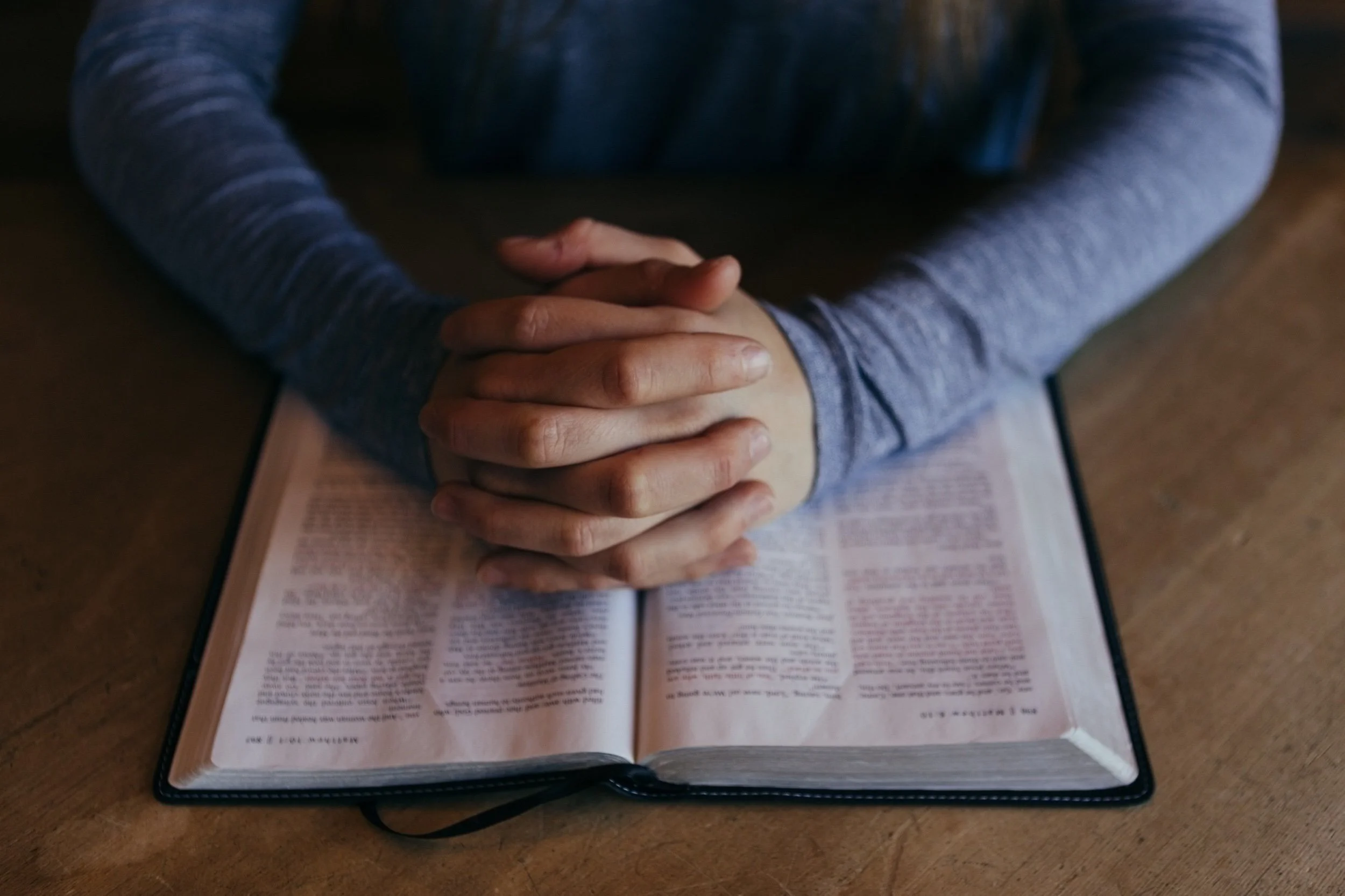“All of humanity’s problems stem from man’s inability to sit quietly in a room alone.”
- Blaise Pascal (1623–1662)
The biblical Gospels tell us that time alone with God the Father was a high priority for Jesus.
Throughout His earthly ministry, we see Jesus regularly slipping away to spend alone time with God the Father (Mark 1:35). If Jesus—the very Son of God—needed time alone with His heavenly Father, how much more so do you and I need time alone with God?
Over the years, this idea of time alone with God has gone by many names. Some call it a quiet time. Others call it a daily devotion. Others still call it one-on-one time with God.
Regardless of the title chosen, it’s spending time with the Lord through Bible reading and prayer—And it’s essential for a believer’s spiritual growth.
For years, I struggled with making this “Quiet Time” thing a regular habit. (Sometimes I still do.) At times, I lacked the desire or simply didn’t make it a priority, but most of the time, my struggle has been the “how.” It’s not that I am looking for a legalistic process to mechanically follow. I just want to be the best steward of that focused time with the Lord as possible. (And my mind is prone to wander.)
There are many ways to spend time with God through His Word. Here’s a method that has worked for me. It’s not rocket science, clever, or even unique (Ecclesiastes 1:9), but perhaps you’ll find it helpful to use in your own times with the Lord.
It’s a two-part approach that takes 15-30 minutes built around the acronyms:
1) R.E.A.D and 2) P.R.A.Y.
(I simply write the words READ and PRAY vertically in my journal, then work through the questions and prompts below.)
1) R.E.A.D. God’s Word
R: Read the Passage
Read the passage 2 or 3 times. If possible, read it aloud. Marinate in God’s revealed Word. Let the words soak into your soul. Prayerfully ask God to show you the main point(s) in the passage. (If you’re just getting started with Bible reading, consider starting with the Gospel of Mark or John.)
E. Examine the Passage
Here are some possible questions to help: Why was it written, and to whom was it written? How does the passage fit with the verses just before and after it? What was the author’s original meaning? Why did the Holy Spirit inspire this passage? What are keywords or phrases? Are there repeated words? How does it fit in context with the verses around it? Are there any commands to obey, warnings to heed, promises to claim, examples to follow (or not to follow)?
A. Apply the Passage
What does this text teach me about who God is? How does this text point me to Jesus? How does this text apply to my life today? What does this passage reveal about the effects of sin and what it means to live by the power of the Spirit? How can this passage help me?
D. Depend on the Lord
There will be no change in our daily lives without the Holy Spirit’s help. How might you take what you just wrote in the “Apply” section and phrase them as prayer requests expressing your dependence on the Lord to help you respond in those ways? (You’ll use those prayer prompts in the Y of P.R.A.Y. below.)
2) P. R. A. Y. God’s Word
P. Praise
Worship is our response to who God is and what He has done (Psalm 103). Praise focuses our minds on Christ. Considering each day’s passage and your current life situation, begin your prayer time praising the Lord. Declare things God has done for you and ways you see Him at work around you. You may want to start your prayer time by listening to or singing a worship song or hymn that comes to mind. Start with praise!
R. Repent
Sin hinders our ability to hear from the Lord. Spend a few moments in silence, asking God to bring to your mind any unconfessed sin in your life. (Anger? Pride? Self? Control? Disobedience? Lust? Lying?) It may be that God uses the Bible passage you read to surface a sin area in your life (James 1:22-25). If the Lord brings a specific sin to your mind, turn away from it, and ask the Lord to cleanse you of it (1 John 1:9).
A. Ask
Here we make our requests known to the Lord. Jesus tells us that God, the Father, knows the things we need before we even ask Him (Matthew 6:8). Prayer, however, is what God uses to grow our faith and teach us to depend on Him. Regarding prayer, Jesus uses words like “ask, seek, and knock” (Matthew 7:7-11). Pray for your needs and the needs of others. Think in concentric circles. Pray for the needs of those around you, then widen out to include needs in our church, city, state, nation, and around the world. Know that when you aren’t sure what to pray, the Holy Spirit Himself will help you (Romans 8:26-27).
Y. Yield
Yielding refers to surrendering. Yielding to the Lord and depending on the Lord are two sides of the same coin (John 15:1-17). Ask God to bring to your mind prayers for specific ways you can more greatly surrender your life to God’s Word, will, and ways (Romans 12:1-2). Look back over the “Depend on the Lord” section from R.E.A.D. and voice those specific prayers to the Lord.
What “Quiet Time” methods have worked for you? Let’s compare notes! If you have something that works well for you, share it in the comments below.
Written by Dr. Patrick R. Findley
Photos by Patrick Fore, Noah Silliman, and Debby Hudson on Unsplash.



